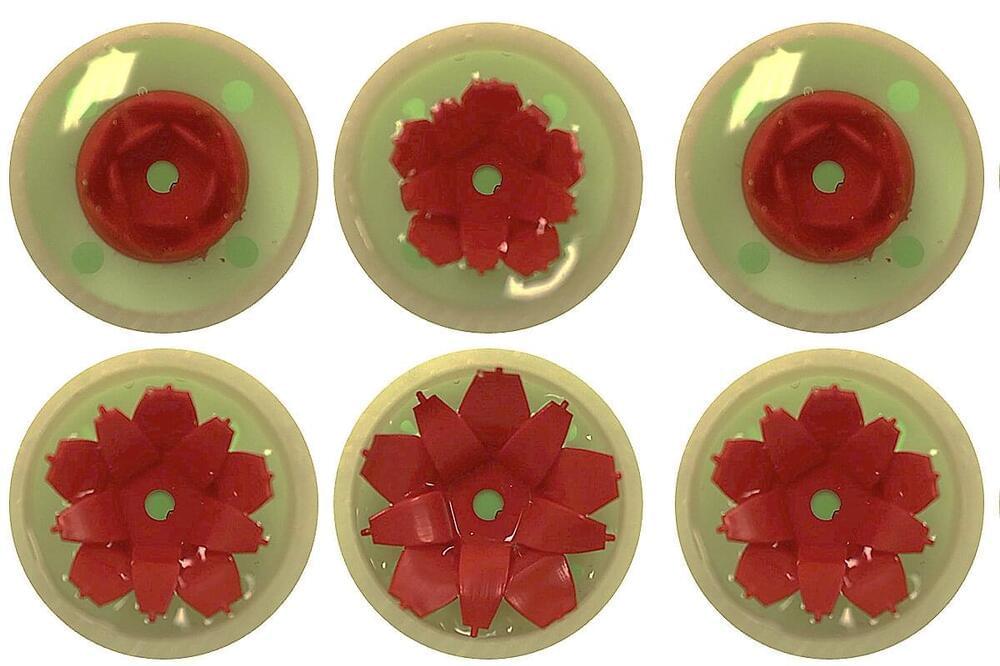
An optical isolator developed at the Harvard John A. Paulson School of Engineering and Applied Sciences (SEAS) could drastically improve optical systems for many practical applications.
All optical systems —used for telecommunications, microscopy, imaging, quantum photonics, and more—rely on a laser to generate photons and beams of light. To prevent those lasers from damage and instability, these systems also require isolators, components that prevent light from traveling in undesired directions. Isolators also help cut down on signal noise by preventing light from bouncing around unfettered. But conventional isolators have been relatively bulky in size and require more than one type of material to be joined together, creating a roadblock to achieving enhanced performance.
Now, a team of researchers led by electrical engineer Marko Lončar at SEAS has developed a method for building a highly-efficient integrated isolator that’s seamlessly incorporated into an optical chip made of lithium niobate. Their findings are reported in Nature Photonics.


















